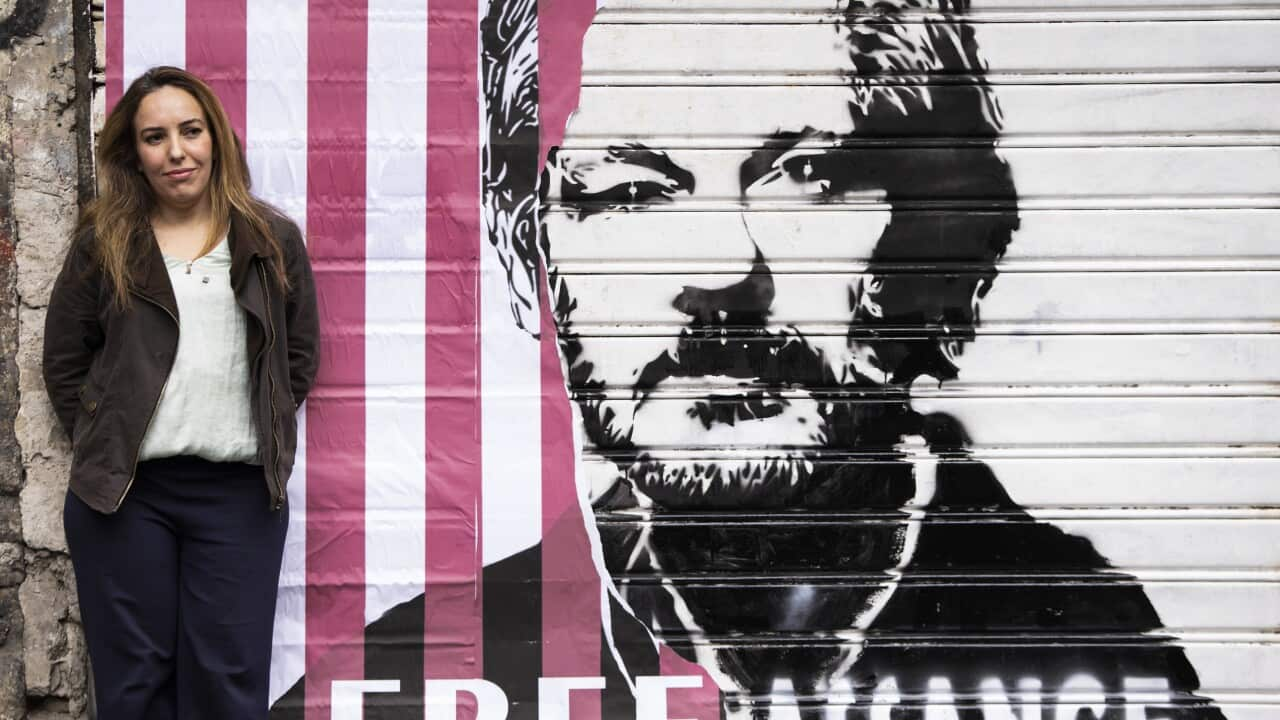Key Points
- Campaigners said a public hearing will be held at London's High Court in February.
- Assange is wanted by US authorities on 18 counts, including one under a spying act.
- WikiLeaks first came to prominence in 2010 when it released hundreds of thousands of secret classified files.
WikiLeaks' founder Julian Assange's possible final legal challenge to stop his extradition from the United Kingdom to the United States where he is wanted on criminal charges will be held at London's High Court in February, his supporters say.
Assange is wanted by US authorities on 18 counts, including one under a spying act, relating to WikiLeaks' release of vast troves of confidential US military records and diplomatic cables which the government said had put lives in danger.
The UK has given the go-ahead for his extradition but the 52-year-old Australian has been trying to overturn that decision.
Campaigners said a public hearing would take place at the High Court on 20-21 February when two judges will review an earlier ruling which had refused Assange permission to appeal.
Groups supporting Assange called for a protest outside the court and globally on those days.
"The two-day hearing may be the final chance for Julian Assange to prevent his extradition to the United States," WikiLeaks said in a statement.
WikiLeaks first came to prominence in 2010 when it released hundreds of thousands of secret classified files and diplomatic cables in what was the largest security breach of its kind in US military history, which US prosecutors say imperilled the lives of agents named in the leaked material.
Assange's supporters say he is an anti-establishment hero who has been victimised because he exposed US wrongdoing, and that his prosecution is an assault on journalism and free speech.
He spent seven years holed up in Ecuador's embassy in London before he was dragged out and jailed in 2019 for breaching bail conditions.
He has been held in prison ever since while his extradition case is decided.
His lawyers have also applied to the European Court of Human Rights which could potentially order the extradition to be blocked.
"The last four and a half years have taken the most considerable toll on Julian and his family, including our two young sons," said his wife Stella, who he married in prison.
"The persecution of this innocent journalist and publisher must end."











